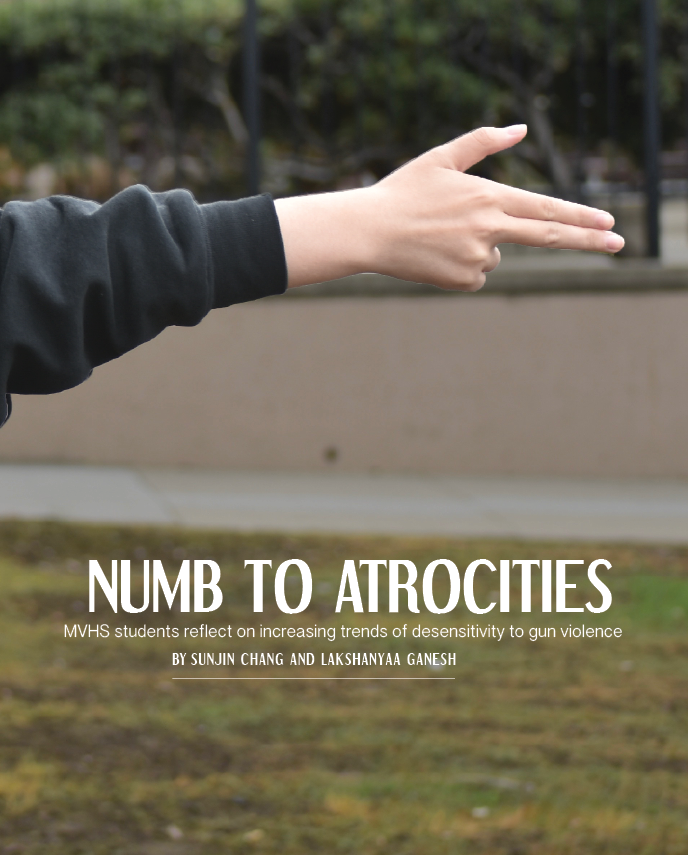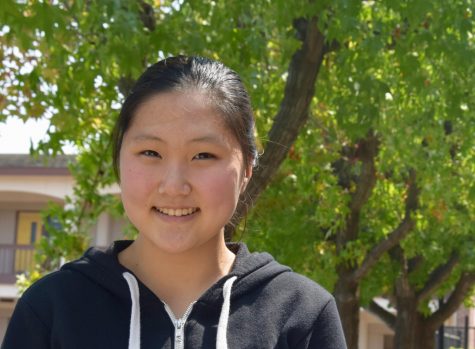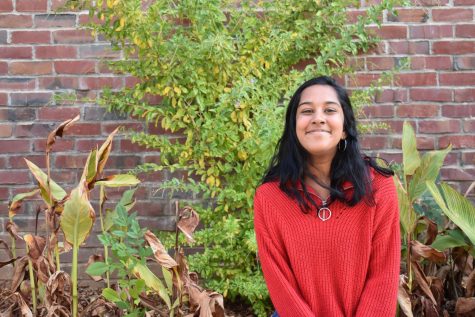Numb to Atrocities
MVHS students reflect on increasing trends of desensitivity to gun violence
April 10, 2019
Nearly 1,995 mass shootings have occurred in America between the Sandy Hook Elementary shooting in December of 2014 and April 1, 2019, Vox reports. America’s rate of mass shootings has been on the rise as many believe that the level of interest and response in the American population towards these events is declining as the years tick by. This same catastrophe fatigue can be reflected in the MVHS community as well.
Senior Catherine Hou credits the decreasing student interest to a lack of action and change from legislators and people with federal power. Due to the frequency of these shootings, she believes that the conversation has begun to die down, and change at the grassroots level isn’t amounting to any kind of substantial progress. Hou relates this to a quote she remembers reading: “What was once intolerable becomes tolerable, once there is the promise of an escape.”
“I think right now, we don’t think there’s going to be any change,” Hou said. “Because of that, we’ve started to adjust ourselves to tolerate, [and] this is our reality.”
English teacher Vennessa Nava also notes the role that violence in forms of entertainment and fiction play in this desensitivity to gun violence. She believes that guns have long been a symbol of American power, and throughout history many forms of entertainment have relied on the archetype of cowboys and powerful, masculine energies that tote guns as a symbol of dominance, and thus glorifies the act of violence.
“We love gangster movies and all these American traditions of guns being central to the kinds of power exercised,” Nava said. “Because of this, you can’t divorce this sense of guns being glorified in fictional depictions and the way people decide to use them.”
In regards to the most recent publicized mass shooting in Christchurch, New Zealand, senior Esther Jeong has noticed a shift in discussions about shootings, whether it be the media’s portrayal of the event or normal, everyday discussions.
“Before, there was more of a focus on legislation we should enact to limit gun right laws and stuff like that,” Jeong said. “For the more recent one, since the shooter seemed to be so focused on getting his name known through the shooting, there’s more talk about how we can cover this event respectfully and not talk about the shooter’s name.”
Junior Elvis Lang also credits the lack of active interest to the amount of coverage acts of violence have on the news. He reflects on the acts of active protests that occurred at MVHS just last year after the school shooting at Marjory Stoneman Douglas High School in Florida, and the shift to just a year later, where he notes that shootings don’t play as large of a part in discussions anymore.
“When we had the walkout, that had a huge reaction, and we got a lot of people being active and trying to eliminate mass shootings,” Lang said. “But then [the shootings] keep happening, and people stopped caring, and the momentum and following of the movement got lost.”
With the large number of shootings occurring in the United States, a shooting outside of the boundaries of the U.S. may have caused the rise of shocked discussions, both in the school community and the global arena. Like many others, junior Sam Ward believes that the desensitization towards shootings is typically toward those that occur in the U.S., purely because of the high frequency of gun violence.
“When something doesn’t happen a lot, there’s a lot more emphasis,” Ward said. “Like the New Zealand one, the prime minister wanted to put more laws in place regarding assault rifles, and that’s because that doesn’t really happen there so there’s more of an emphasis. In America, it’s more of just an argument, where there’s two sides, you’re either on this side or that side.”
Lang agrees that gun violence has become a hot topic for debate among a variety of politicians to push agendas and campaigns. He notes that once people actually get elected, no progressive legislation is passed, and thus, no tangible progress has been made.
“We already have a lot of laws regarding guns but this violence still happens,” Lang said. “I don’t know what we could do without restricting freedoms in the Constitution.”
Though finding out about the attacks and incidents is discouraging, Ward believes that people are also desensitized to the problem because they find it hard to empathize with the victims. While Ward sympathizes for the victims and their families, she finds herself quickly moving on from the tragedy. To her, the true gravity of the situation and pain is hard to feel and visualize, as she says she has never had personal experience with any tragedy even close to a shooting.
“You can sympathize, but you can’t really do anything — it’s more about empathy,” Ward said. “Because I can’t really empathize, I’ve never been in that situation, people around me haven’t been shot and dropped dead right in front of me, so I can’t really relate.”
Hou understands the mindset of people who are desensitized to these attacks. However, she doesn’t believe that just because someone is desensitized, they are also insensitive. People respond first with emotion, but once people become jaded to the realities of the shootings and acts of terrorism because of the sheer frequency of the events, they experience a hollowness that leads to desensitivity.
“I think less and less of us are taking action to stop it because we don’t think it’s within our power to change anything,” Hou said. “But I think that it’s the concept of being the change you want to see, the concept that I think that if enough of us find it within ourselves to care again, we could weave a better world.”



















